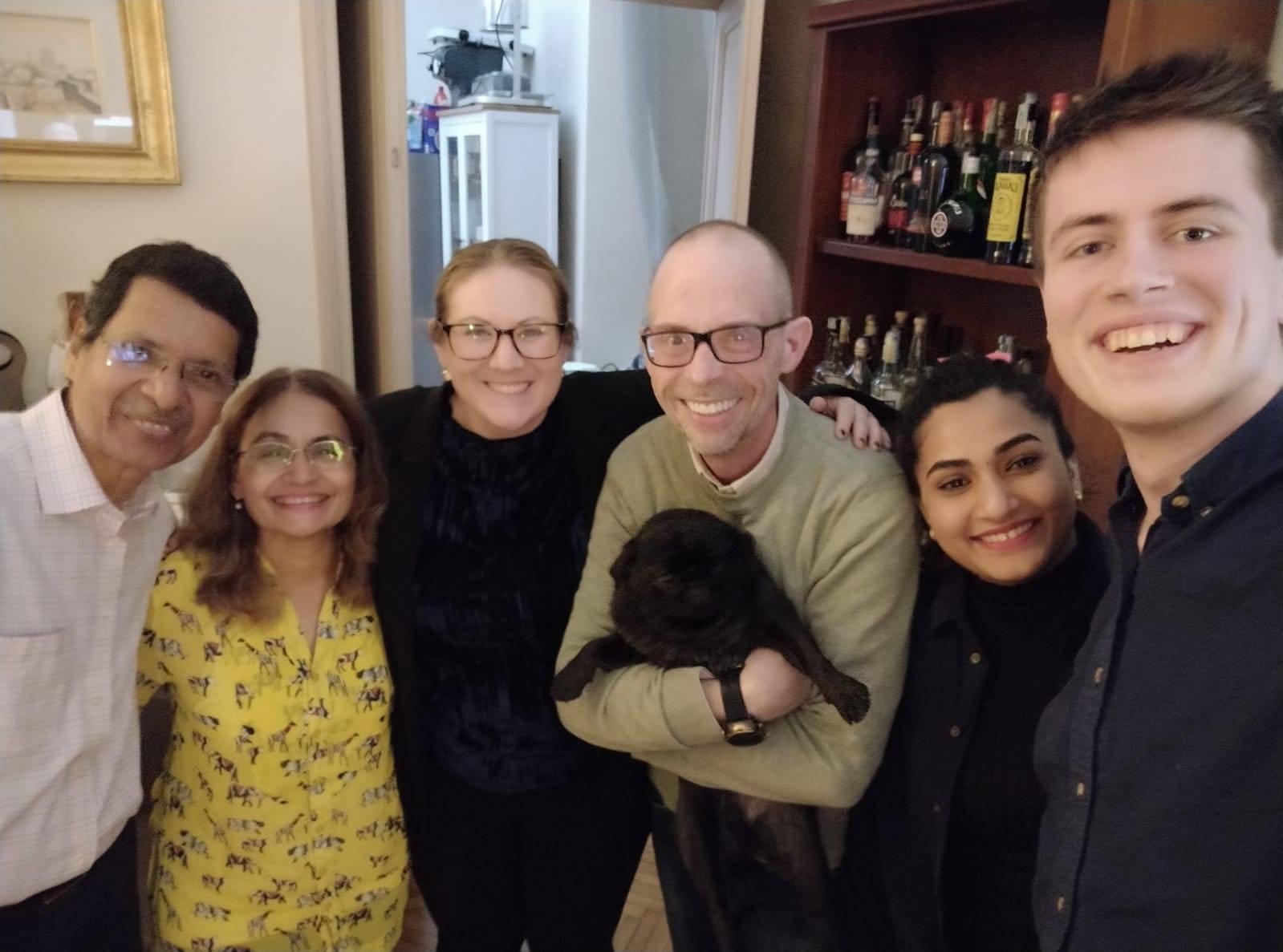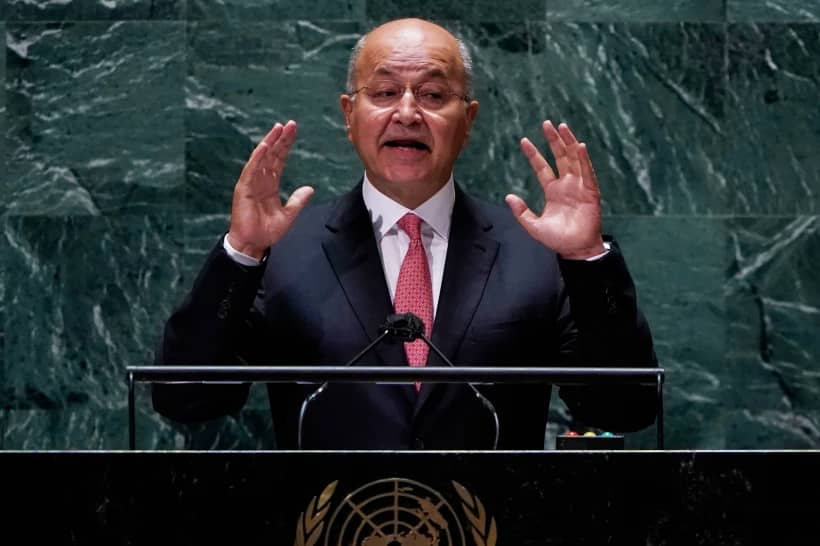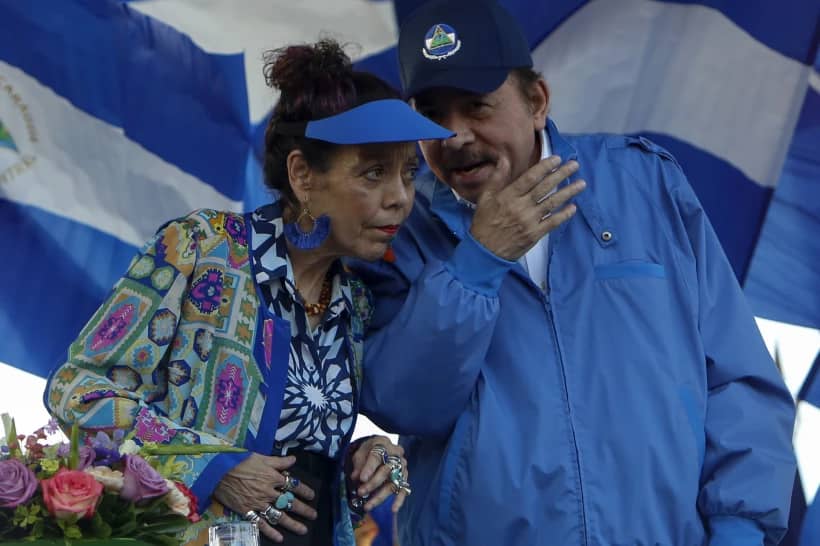HAVANA, Cuba—Addressing hundreds of thousands of festive Cubans who began gathering in Havana’s legendary Revolution Square in the wee hours of Sunday morning, Pope Francis called Cubans to service at a time when many are hoping that decades of isolation and stagnation may finally be nearing an end.
“Whoever does not live to serve, does not ‘serve’ to live,” Francis said, echoing words attributed to both Mother Teresa of Calcutta and St. Augustine of Hippo.
Yet with Cuban President Raúl Castro sitting in the first row, the pope also clearly distinguished a Christian spirit of service from that of Cuba’s Socialist revolution.
“Service is never ideological,” the pope said. “We do not serve ideas, we serve people.”
Many Cubans see Francis as something of a conquering hero, not only because he’s the first Latin American pontiff in history, but also because of his role in paving the way for normalization of relations with the United States last December.
In the run-up to Francis’ arrival Saturday, Cubans expressed hope that his outing this week, including his swing through the United States, might also bring an end to the US-imposed embargo, which is now in its sixth decade, the longest-running trade embargo in modern history.
Even if that happens, Francis appeared to suggest on Sunday, the road ahead will still be long.
Service, the pope said, is “caring for the vulnerable of our families, our society, our people.”
“Theirs are the suffering, fragile, and downcast faces which Jesus tells us specifically to look at, and which he asks us to love,” he continued.
Sunday’s was the first of seven Masses Francis will celebrate in the next eight days, both here in Cuba and then in Washington, DC, New York, and Philadelphia. (Read the itinerary of the pope’s US visit.)
The celebration took place at Havana’s Plaza de la Revolución, where the images of two Cuban revolutionary leaders, Argentinian Ernesto “Che” Guevara and Camilo Cienfuegos, flanked Francis.
Guevara’s daughter, Aleida Guevara, refused a Communist Party invitation to attend the celebrations.
“The CPC (Communist Party of Cuba) asks us militants to go to Mass, to go to meet the pope. That’s a task from the party with which I don’t entirely agree,” she told the French press agency.
“I won’t go to the Mass because it would be hypocritical of me. What will I do standing there for hours? No, no,” she added, also saying, “My dad is [buried] there because it is a symbol of this country.”
Minutes before the Mass begun, three men were arrested behind the altar at Revolution Square, stopped as they tried to reach the popemobile to deliver leaflets to Francis. There was no immediate information about the content of the leaflets.
American Cardinals Sean P. O’Malley of Boston, and Theodore Edgar McCarrick, retired archbishop of Washington, were among the visiting clergy celebrating the Mass with the pope. O’Malley travelled to Cuba with a group of pilgrims from his archdiocese especially for this papal visit.
Toward the end of his homily, Francis asked the crowd never to forget that “the importance of a people, a nation, and the importance of individuals, which is always based on how they seek to serve their vulnerable brothers and sisters.”
The crowd, wearing mostly white to fight the raging sun, was silent, prayerful, and respectful. Yet only a few actually knew the proper responses during the liturgy, a result of decades of defections from the Church, which was heavily persecuted by the Cuban Communist Party from 1961 through the early 1990s.
Those who couldn’t attend the Mass were able to follow along on Cuban television, where commentators explained each moment of the celebration, even defining Catholic basics such as “communion,” “Eucharist,” and “incense.”
Francis made a bit of papal history Sunday, offering first communion to a group of five children, the first pope to do so during a foreign visit.
At the end of the Mass, Francis led the crowd in his usual noontime Angelus prayer.
He offered special words for Colombia, especially topical given that Havana has been the setting for peace talks aimed at ending Colombia’s 60-year civil war.
Prior to the pope’s arrival, there were rumors about a meeting in Havana between the pontiff and members of the Colombian guerrilla movement. The Vatican, however, squashed that speculation.
However, Francis said during the Angelus that he is “conscious of the crucial importance of the present moment when, with renewed effort and inspired by hope, its sons and daughters are seeking to build a peaceful society”.
“May the blood shed by thousands of innocent people during long decades of armed conflict, united to that of the Lord Jesus Christ crucified, sustain all the efforts being made, including those on this beautiful island, to achieve definitive reconciliation,” he said.
He continued, “We do not have the right to allow ourselves yet another failure on this path of peace and reconciliation.”














